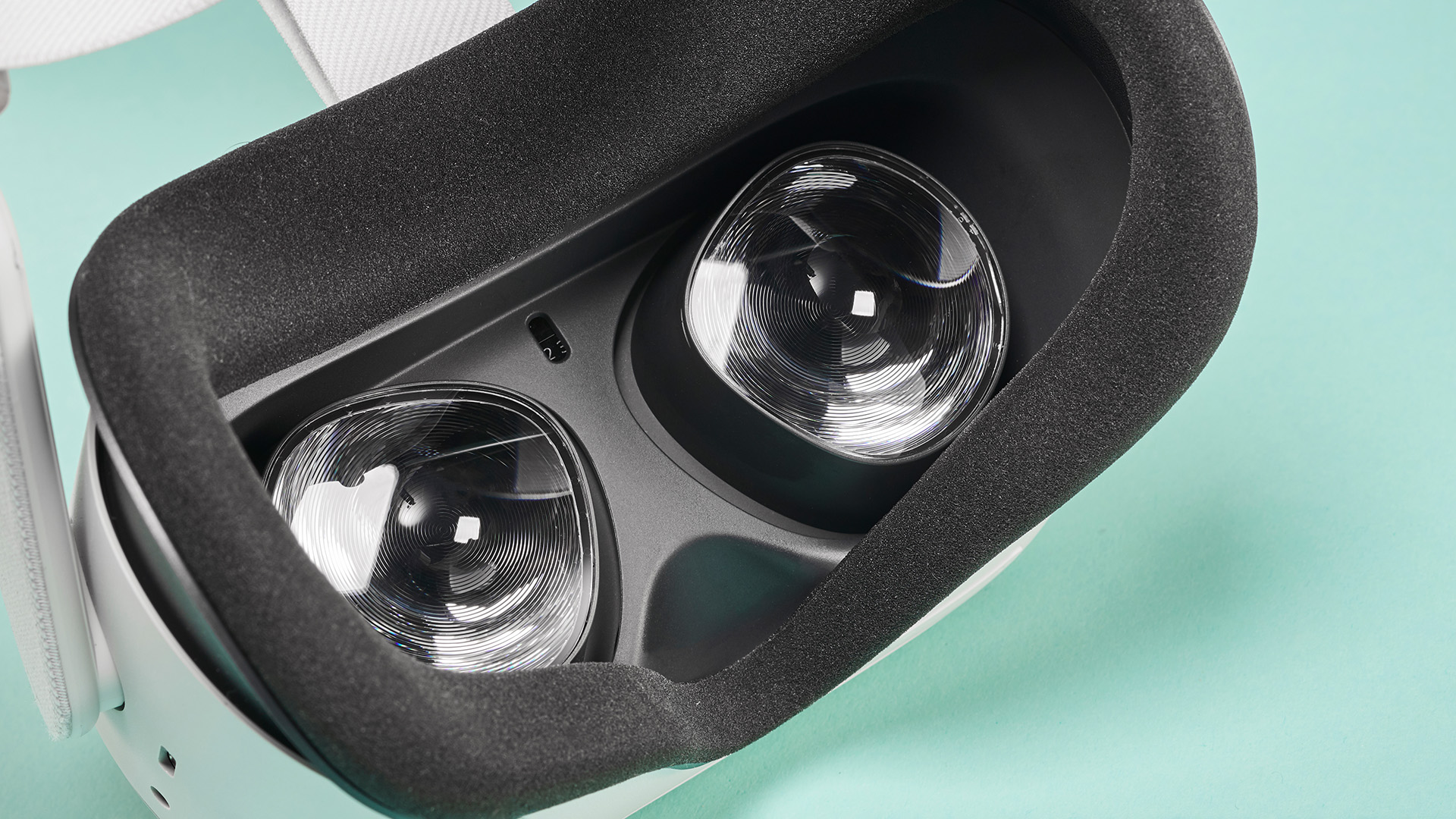
Let's tentatively call it the Meta Quest 3.
Meta’s CEO Mark Zuckerberg has said that the company plans to launch its next-generation Meta Quest headset, tentatively known as the Meta Quest 3, for consumers sometime next year.
In a comment made during Meta’s Q3 earnings call, Zuckerberg confirmed the headset’s arrival next year, as a way to set expectations for ever-increasing costs for Meta’s Reality Labs.
“We expect Reality Labs expenses will increase meaningfully again in 2023, with the biggest drivers of that being the launch of the next generation of our consumer Quest headset and hiring that has been done in 2022, but for which we are going to be paying the first full year of salaries next year,” Zuckerberg said (via Seeking Alpha).
The launch of the next-gen headset is also mentioned in the press release for the earnings report on Meta’s investor website. It’s cited alongside comments by the company’s CFO, Dave Wehner, regarding potential increased expenses due to hardware costs for the upcoming headset.
“Our growth in cost of revenue is expected to accelerate, driven by infrastructure-related expenses and, to a lesser extent, Reality Labs hardware costs driven by the launch of our next generation of our consumer Quest headset later next year,” Wehner said.
The Meta Quest 2, once the Oculus Quest 2, is our pick for the best VR headset for PC gaming today. The more premium Valve Index is a close second. A recent $100 price increase for the Quest 2 has made it less of a must-buy, however, and the newly-launched Meta Quest Pro isn’t a direct replacement due to its high cost.
The Meta Quest Pro promises a much improved mixed reality experience. Though its $1,500 price tag means it’s much more of a premium headset than the Quest 2 if you hope to hook it up to your PC. That’s not its intended audience, anyways. It’ll be the Quest 3 that’s the true successor to the budget champion of VR gaming when it arrives next year.
And Meta is pumping money into Reality Labs right now for its future headsets. The VR and AR division made $285 million in the past three months but that was far from offsetting its total cost. In total, the division lost Meta $3.672 billion over the same time period.
That means Meta is spending over a billion dollars a month on Reality Labs. That’s a mighty investment.
(Image credit: Valve)
Best VR headset: which kit should you choose?
Best graphics card: you need serious GPU power for VR
Best gaming laptop: don’t get tied to your desktop in VR
It seems Zuckerberg and Wehner might be softening up Meta’s shareholders with the promise of what’s to come of all that investment. I imagine even a multi-billion dollar corporation like Meta will be under pressure to ditch what some might consider a metaverse money sink and focus on its core business instead.
More generally, Meta is down in terms of cash versus this same time last year. Overall revenue is down 4% year-over-year—$27.7 billion versus $29 billion—and total costs and expenses were also up 19%—from $18.5 billion to $22 billion.





